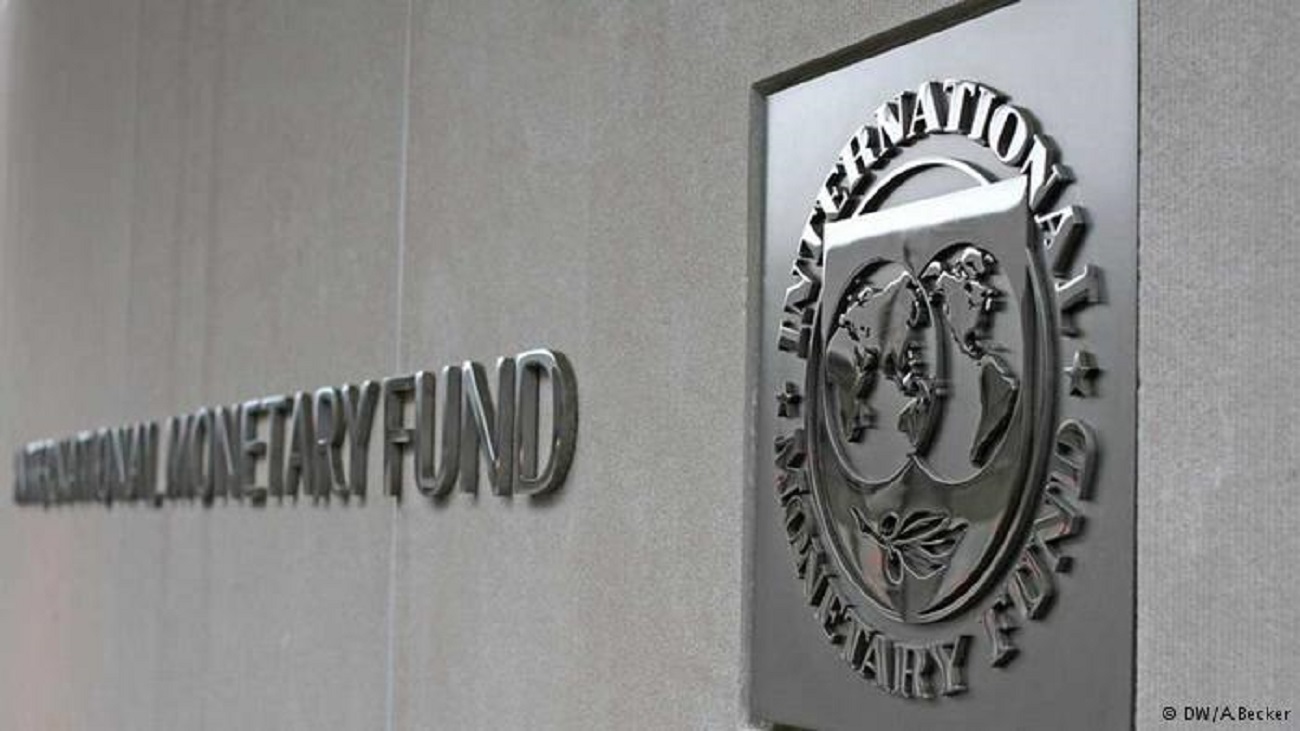
Must small sized businesses be included in the Value Added Tax regime or not? The International Monetary Fund seems to be against such measure, which is expected to be applied in Albania after 1 January 2018. This is revealed by a special report on taxes, which says that increasing tax burdens would lead to a rise in business costs.
Experts of IMF explain that administration costs by small sized businesses would significantly increase the cost burden for this category of business in its day to day activities. This would lead to businesses having less money to invest in manufacturing activities, but also for modernization, making it less productive and efficient. This way, it seems that the leading international financial institution is against the complexity of taxes, which in Albania’s case, translates into the fact that authorities have not been involved in consultations about the application of VAT for small sized businesses.
Meanwhile, the report in question appeals that administrative interventions in taxes should be better assessed from a tax income perspective. After analyzing data from 21 developing countries, which Albania is part of, the leading financial institution points out the fact that the application of VAT has cost implications for a company. But when it comes to the size of the business, these costs are higher for small and medium sized businesses, putting them into real difficulties. The report further explains that VAT refund is a real concern for small sized businesses, at a time when this process requires a tax audit and this type of business may find itself unprepared for this.
The lower the tax burden, the less tax evasion there is
While the Albanian government justifies the introduction of VAT for small sized businesses with the fact that it wants to further reduce informality in the country, the International Monetary Fund doesn’t seem to back this argument either, because according to its survey, small sized businesses are more predisposed to make more profits if their tax burden is lowered when compared to large sized businesses.
“An onerous burden to comply with taxes is associated with tax evasion, more corruption, less investment, and lower firm entry”, IMF’s survey states. Meanwhile, the survey also offers an example as to how a 10% reduction of administrative tax burden to businesses, as measured by the number of tax payments per year and the time required to pay taxes—leads to a 3 percent increase in annual business entry rates.
“Country experiences suggest that clear and simple rules and administration systems that provide accurate information about tax liabilities can encourage compliance”, IMF experts say, stressing the fact there would be less informality in the country.
“To enhance public confidence and trust, the tax administration should be openly accountable for their actions within a framework of responsibility to the government and the general public”, the International Monetary Fund experts stress.
Small sized businesses face higher costs in paying taxes
Small sized businesses face higher costs in paying taxes than other categories of businesses. This is another fact which is revealed by experts of the International Monetary Fund, thus backing a smaller tax burden for this category.
“Studies of tax compliance costs carried out in many countries show that micro enterprises and SMEs typically bear much higher compliance costs in comparison with large businesses”, the IMF survey says. Meanwhile, the survey also offers concrete examples concerning different countries of the world. So, the IMF mentions the case of Ukraine, where compliance costs for SMEs are 117 percent higher relative to sales than in large firms, adding that educating taxpayers is an important element which improves relations between businesses and tax authorities. So, this helps the business sector to be well-informed and more practical in the payment of tax. But this also has a cost and according to IMF, the cost for this is 5%-10% of the general tax costs. In developed countries, this figure is 25%, indicating the importance of “tax education” for a business.




 ALB
ALB
 ENG
ENG
